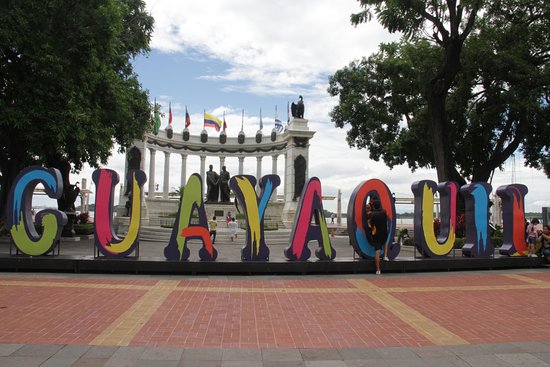The letter “G” also changes its pronunciation depending on the vowel that follows it. There are 2 different cases, let’s see them .. Letter “g” followed by “a”, “o” or “u” it is pronounced like a “g” in gato: El gato, la goma y el gusano (The cat, the rubber and the worm). Letter “g” followed by “e” or “I”, it is pronounced the same as a “j”: Gitano, geología (gypsy, geology). “gue” and “gui” in this case the u is silent: Guerra, juguete, guitarra (war, toy, guitar). güe and güi ” Perhaps you noticed that in the case of the “gue” and the “gui” the “u” is not pronounced, imagine that we want to pronounce that sound “u”: a cigüeña, la vergüenza, el pingüino (the stork, the shame, the penguin).
The letter “q” in Spanish is pronounced as a / k / sound. As we have already studied we can get this sound with the letter “c” as in the words “casa” “house”, “carro” “car” or “cuchillo” “knife” but for “e” and “I” we need something different, we need “que” “what” and “who” “quien”. Remember that in Spanish “q” is always followed by “u”. Let’s see some examples. Example: “que” El queso – the cheese Querer – want “qui” La quimica – Chemestry In all these cases with words that you have “que” or “qui” the u is silent.








